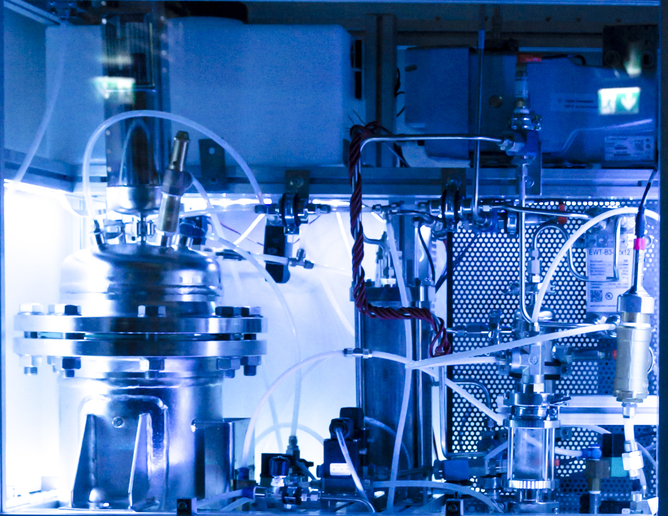New generation bioethanol production
The use of bioethanol as a fuel in the transport sector is increasing. Bioethanol has predominantly been produced by first generation technology from sugar cane, sugar beet or starch derived from maize. Production of second generation biofuels is generally based on lignocellulose biomass originating from agricultural and forestry wastes and energy crops. The aim of the NEMO(opens in new window) project was to develop optimised second generation ethanol production technology based on agricultural and forestry residues. The project focused on finding enzymes for hydrolysing lignocellulose raw materials and development of yeasts that can co-ferment pentose and hexose sugars. Researchers used a combination of strategies and identified more efficient enzymes for hydrolysis of the resistant lignocellulose. They also demonstrated the feasibility of production of many enzymes in filamentous fungal hosts in industrial quantities. Screening of the yeast strains from various environments and culture collections resulted in a NEMO yeast bank with more than 1 000 strains. Researchers isolated new strains that are clearly more temperature, ethanol, and osmotolerant than current yeast strains. The new enzymes (including proprietary enzymes from the NEMO industrial partners) and the new engineered yeast strains were tested in various process conditions. Process models indicated that the use of the NEMO enzymes and yeast strains results in improved efficiency, decreased greenhouse gas emissions and lower estimated ethanol selling price. NEMO project results have been disseminated via publications in scientific journals and via presentations and posters at conferences and other events. A database with more than 1 600 stakeholders interested in the second generation biofuel was developed by the NEMO partner responsible for dissemination of the results. The NEMO project has developed new high performance enzymes and robust yeast strains, and demonstrated their validity in the relevant process concepts. This project has successfully contributed to acceleration of the commercialisation of new generation of biofuels.







